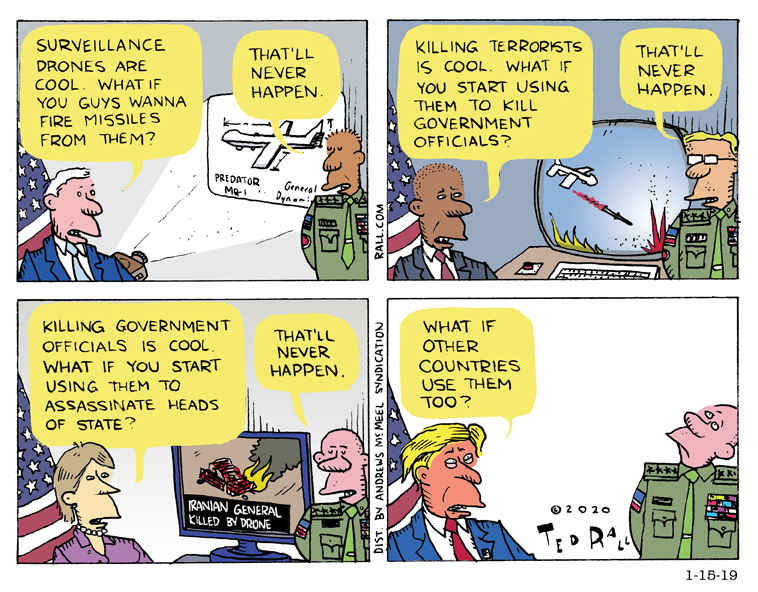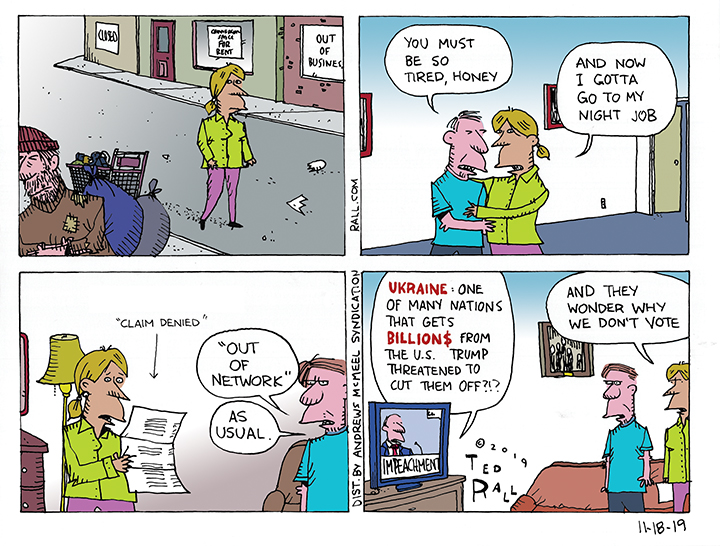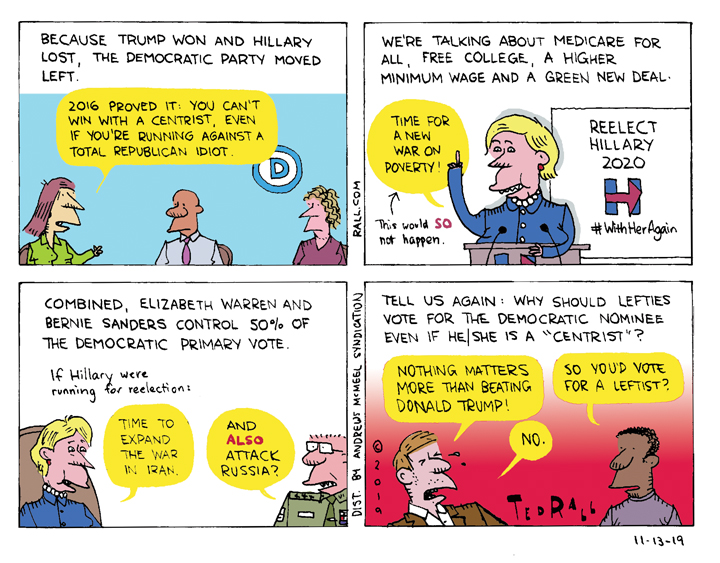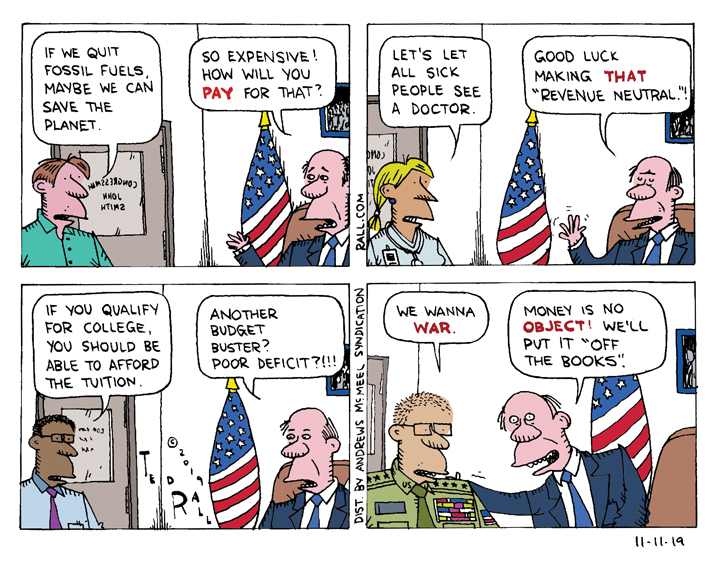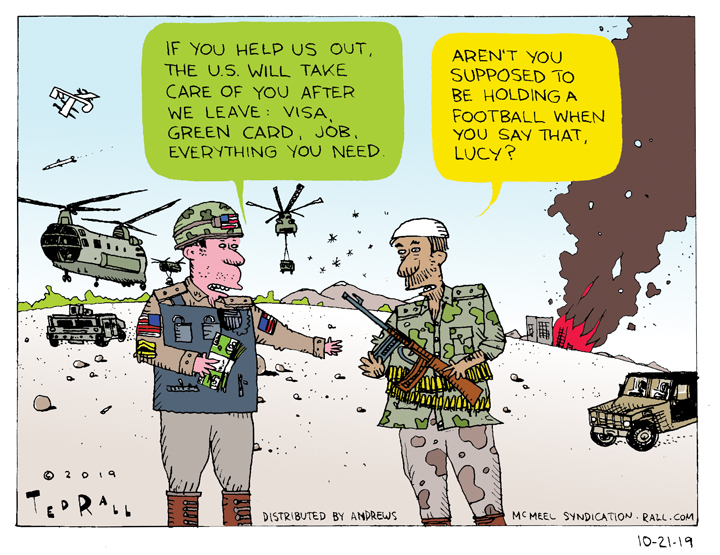 The COVID-19 medical and economic crisis remains mostly unaddressed by both the Republican and Democratic parties. They have only passed one piece of legislation that significantly helps workers: supplementing existing state unemployment benefits by $600 per week. Those additional payments expire in four months. Until then many people who are out of work will receive about $1000 a week. If the past is precedent, Congress is likely to renew the law.
The COVID-19 medical and economic crisis remains mostly unaddressed by both the Republican and Democratic parties. They have only passed one piece of legislation that significantly helps workers: supplementing existing state unemployment benefits by $600 per week. Those additional payments expire in four months. Until then many people who are out of work will receive about $1000 a week. If the past is precedent, Congress is likely to renew the law.
Aside from expanded unemployment checks, the government has been useless.
Here are the essential basic things Congress and President Trump must do in order to avoid economic collapse, mass starvation, an epidemic of violent crime reminiscent of “A Clockwork Orange” and political unrest up to and including revolution.
They must do it now.
A Universal Basic Income is the smartest fastest way to stimulate the economy by keeping money flowing from consumers. Neither political party seems to care enough about the prospect of street riots to pass a UBI. But they need to do it yesterday to avoid catastrophe tomorrow. Flat UBI payments are unfair to people who live in expensive cities and states; the cost of living in my hometown of Dayton, Ohio is half of Manhattan. Weight UBIs according to living costs.
COVID Care
At bare minimum, medical treatment for COVID-19 and related ailments (bronchitis, pneumonia, etc.) should be free from a patient’s first test to their last breath in a ventilator. It should be free for everyone: insured, uninsured, homeless, prison inmate, undocumented worker for an obvious reason: if an illegal immigrant contracts the coronavirus, they can transmit it to you. It’s to everyone’s advantage that everyone have access to medical care.
Theoretically, the new Families First Coronavirus Response Act does that. Not in reality. “Our health care system is a mess and the law does not explicitly prohibit charging you if you go to an out-of-network provider. It also doesn’t address other ‘surprise billing’ problems,” Time reports. Treatment for COVID-19 can easily run $35,000 or more—not only should Americans not have to pay, they can’t pay.
Whether you go to your physician or urgent care or the ER, no one who suspects she has COVID-19 should be asked for their insurance card. Healthcare providers should bill the federal government.
No leading Republican or Democrat — Donald Trump, Joe Biden, Mitch McConnell, Nancy Pelosi — wants to do this. Why? Because they’re stupid, crazy or both.
Draft the Immune
The Centers for Disease Control are rolling out a pilot program of a testing kit that can show if you have been exposed to the novel coronavirus and thus have the antibodies to resist a repeat infection. Authorities are considering issuing “immunity cards” to citizens who have had COVID-19. The idea is that people who are cleared could return to work. So far so good.
As much as I’d like to believe that political cartoonists and columnists are essential workers, if I have had and recovered from COVID-19 I could probably be more useful delivering food to the elderly, volunteering at a hospital, or performing some other essential task currently going undone because the person who usually does the job is either sick or home trying to avoid getting sick. Waiting tables could help save my local restaurant.
The government should retool the Selective Service System to draft recovered COVID-19 victims to perform services needed to help people and restart the economy.
Ramp up Distance-Learning
Parents, school children and college students in many cities are finding online instruction to be woefully inadequate at best. The most pressing issue is unequal access to the Internet. This is a huge problem. Fortunately, it’s easily fixable.
There are about 75 million students in the U.S. 17% don’t have home Internet access. That’s 13 million kids. A Wifi hot spot costs $50 a month. A Chromebook is $300. $4 billion, roughly the cost of occupying Iraq for a week, buys a home computer for everyone who needs one; $10 billion a year covers Wifi access. That’s the worst-case scenario; the government could get a volume discount.
Unfortunately, neither Democratic nor Republican politicians care about our kids enough to act.
Rent and Mortgage Holidays
31% of apartment dwellers failed to pay April rent. Expect that number to soar in May and June. Idiotically, the only relief offered by even the most progressive mainstream politicians is a moratorium on evictions and foreclosures. Moratoriums end. Courts reopen. When they do, millions of people could be thrown out onto the streets.
Even if you don’t care about them, think about your own property values. During the 2008-09 economic meltdown, mass foreclosures left millions of homes empty. These eyesores dragged down the values of their neighbors’ homes. We really are in this together.
People who can’t pay their rent or mortgage shouldn’t have to. And at the end of all this, they shouldn’t bear the burden of accumulated debt, interest or late fees. Congress should declare a rent and mortgage holiday until the end of the crisis.
To mitigate the hardship on landlords and lenders, real estate and other taxes should be waived during the same period. So should utilities like gas and electricity. Congress should consider a tax credit for property owners. Banks should receive Federal Reserve funding at zero percent.
So far, no mainstream politician is talking about this.
A War Holiday
Secretary-General António Guterres of the United Nations is calling for warring parties in the world to lay down their arms for the duration of the COVID-19 pandemic. “The fury of the virus illustrates the folly of war,” he said, emphasizing the fact that war makes it hard for humanitarian assistance to reach victims of coronavirus.
War is a tremendous waste of lives, resources and money that could be better spent elsewhere, and that has never been more evident than today. Yet at this writing President Trump has ordered the U.S. Navy off the coast of Venezuela in a classic demonstration of gunboat diplomacy. His administration is continuing Barack Obama’s benighted proxy war in Yemen. American drones are slaughtering innocent people in Somalia.
This is all monstrous BS and should stop forever but, at minimum, wars of choice can wait until the end of the coronavirus crisis. Yet here again neither party, Democrat or Republican, has endorsed the Secretary-General’s idea.
(Ted Rall (Twitter: @tedrall), the political cartoonist, columnist and graphic novelist, is the author of the biography “Bernie.” You can support Ted’s hard-hitting political cartoons and columns and see his work first by sponsoring his work on Patreon.)

